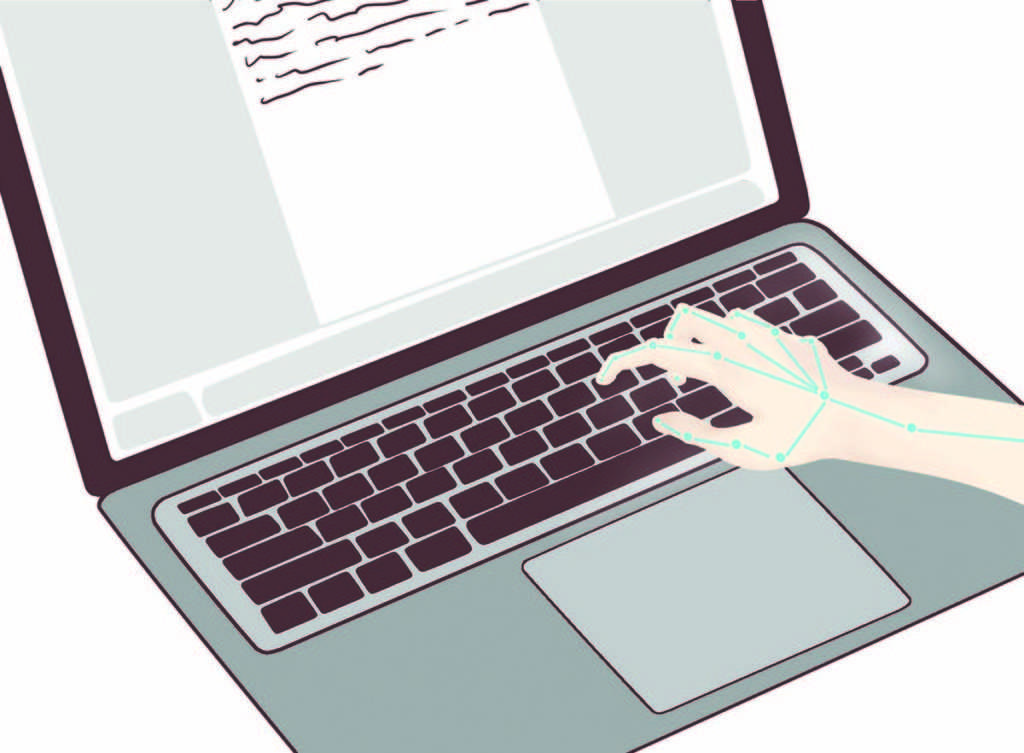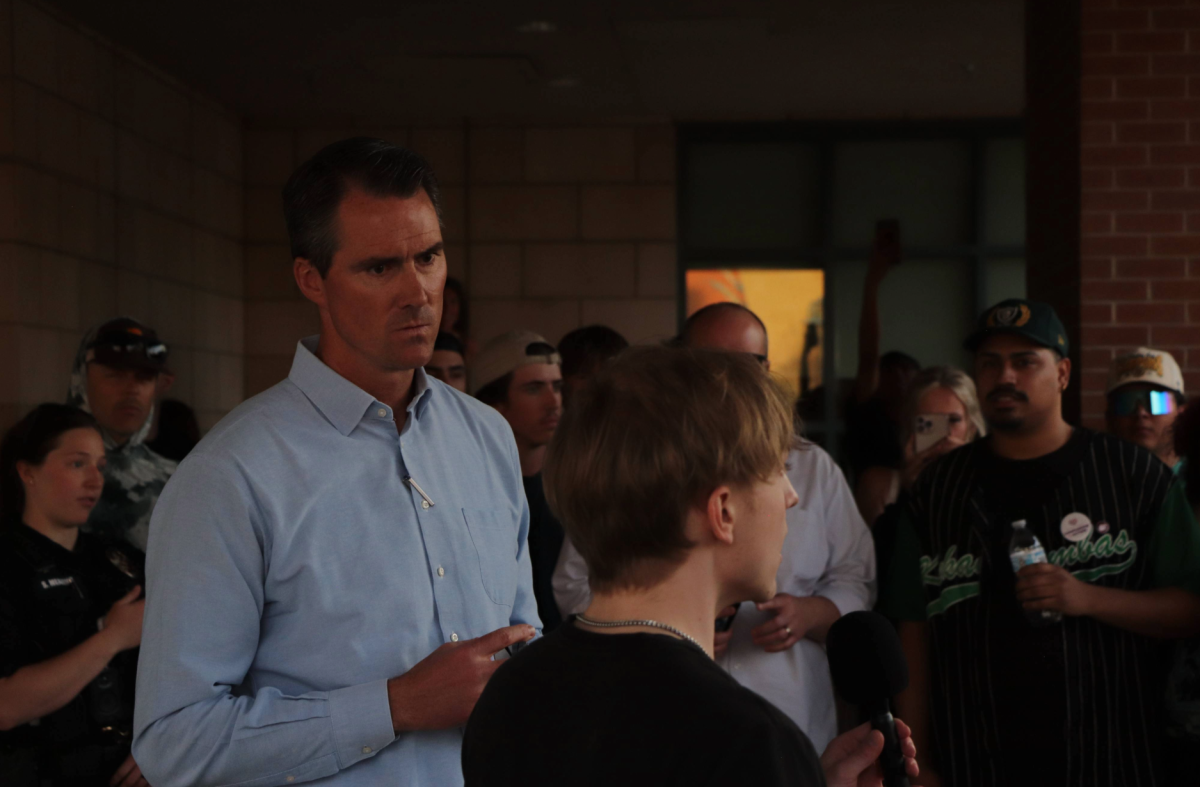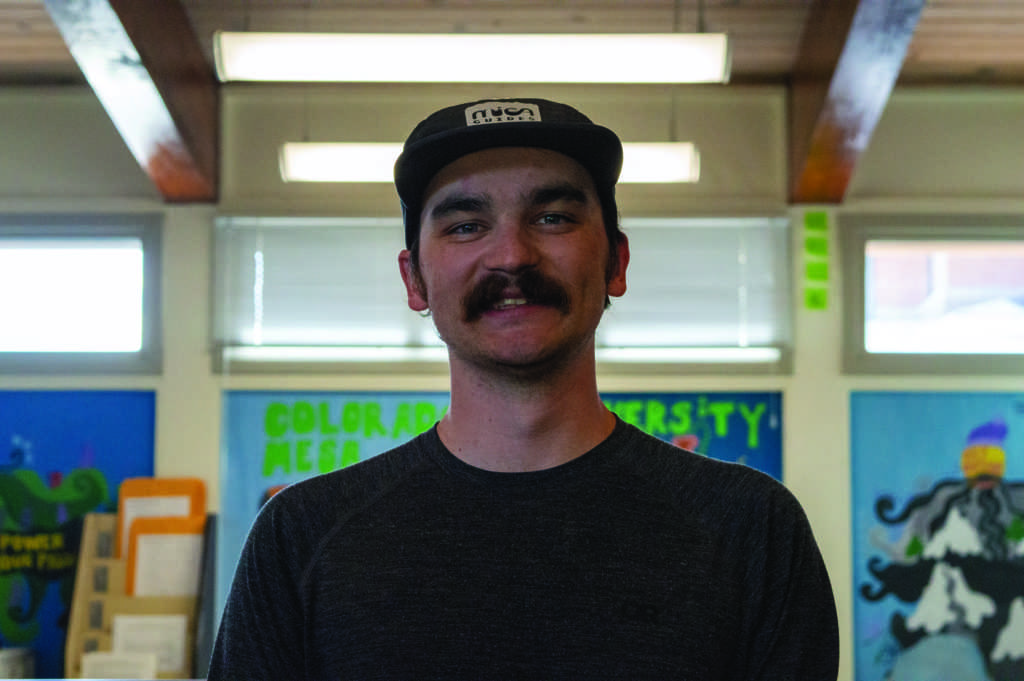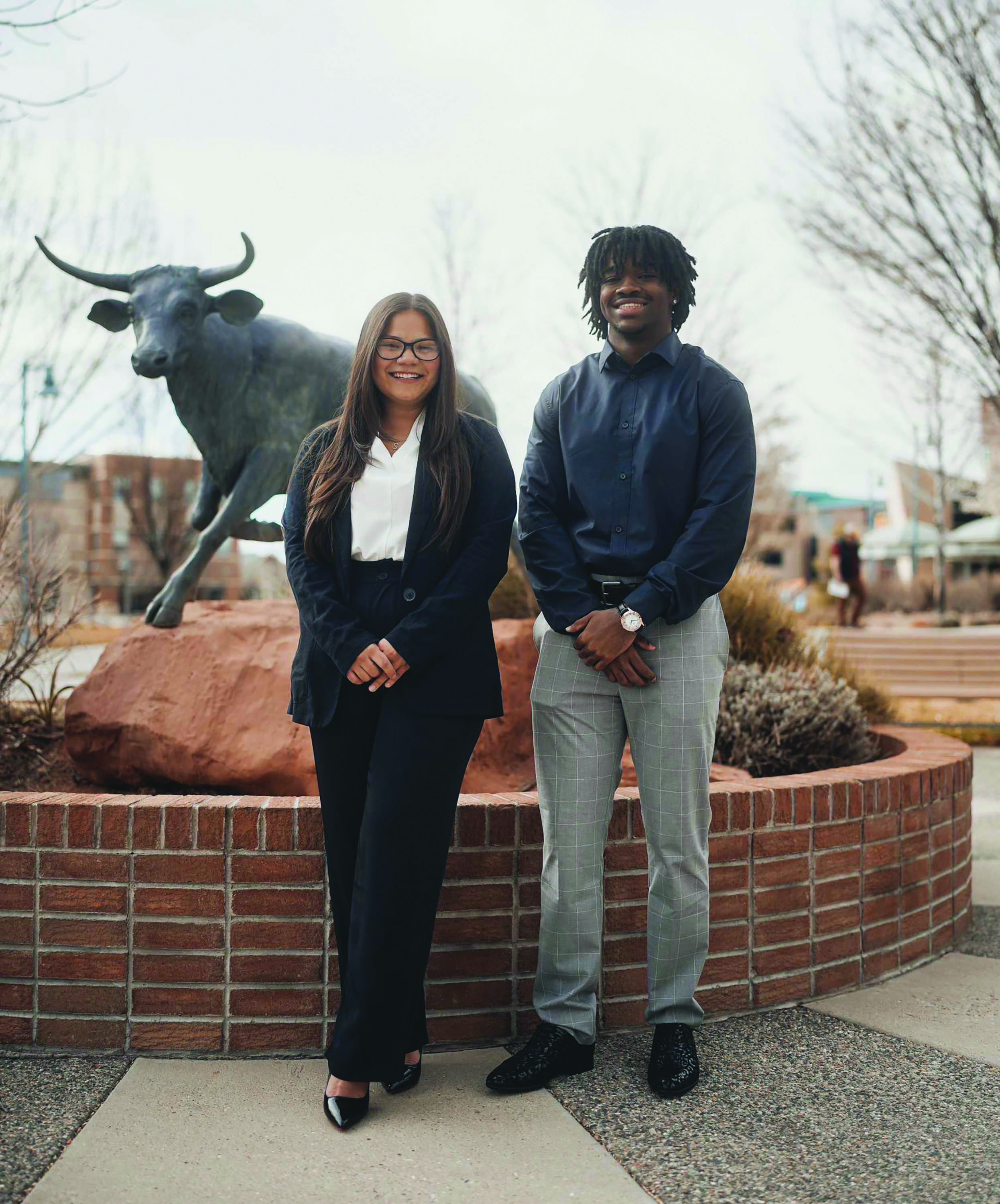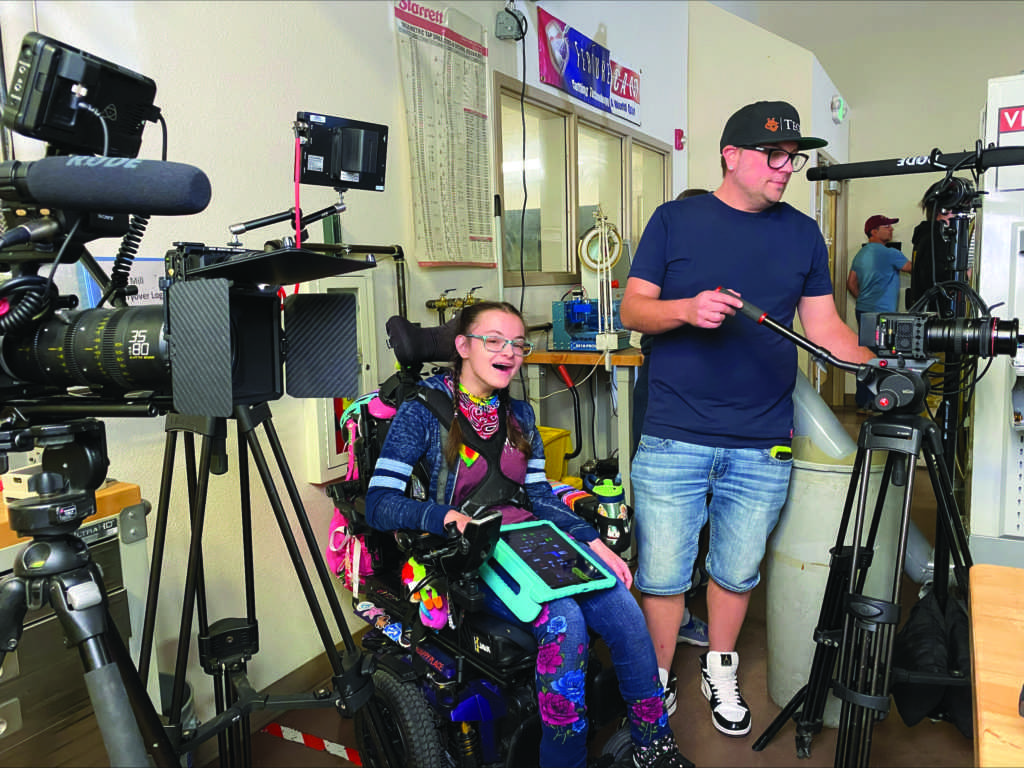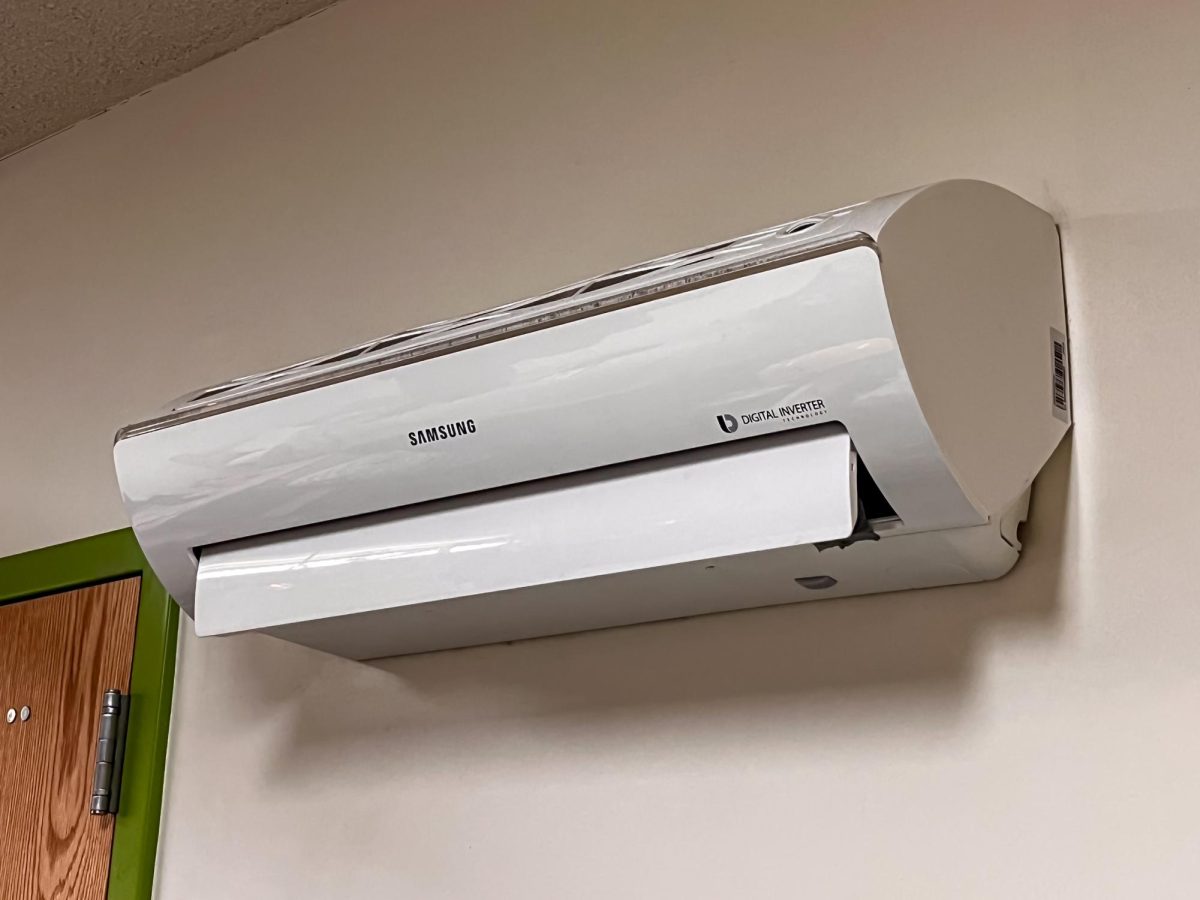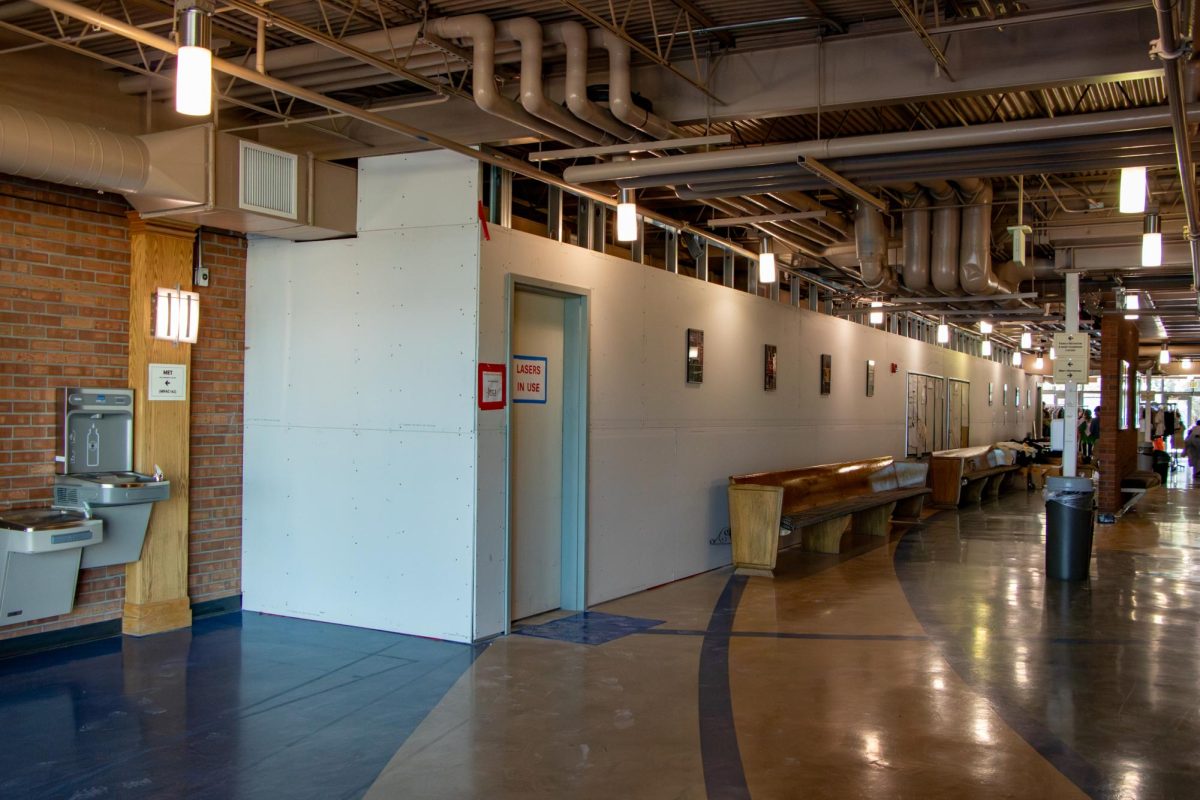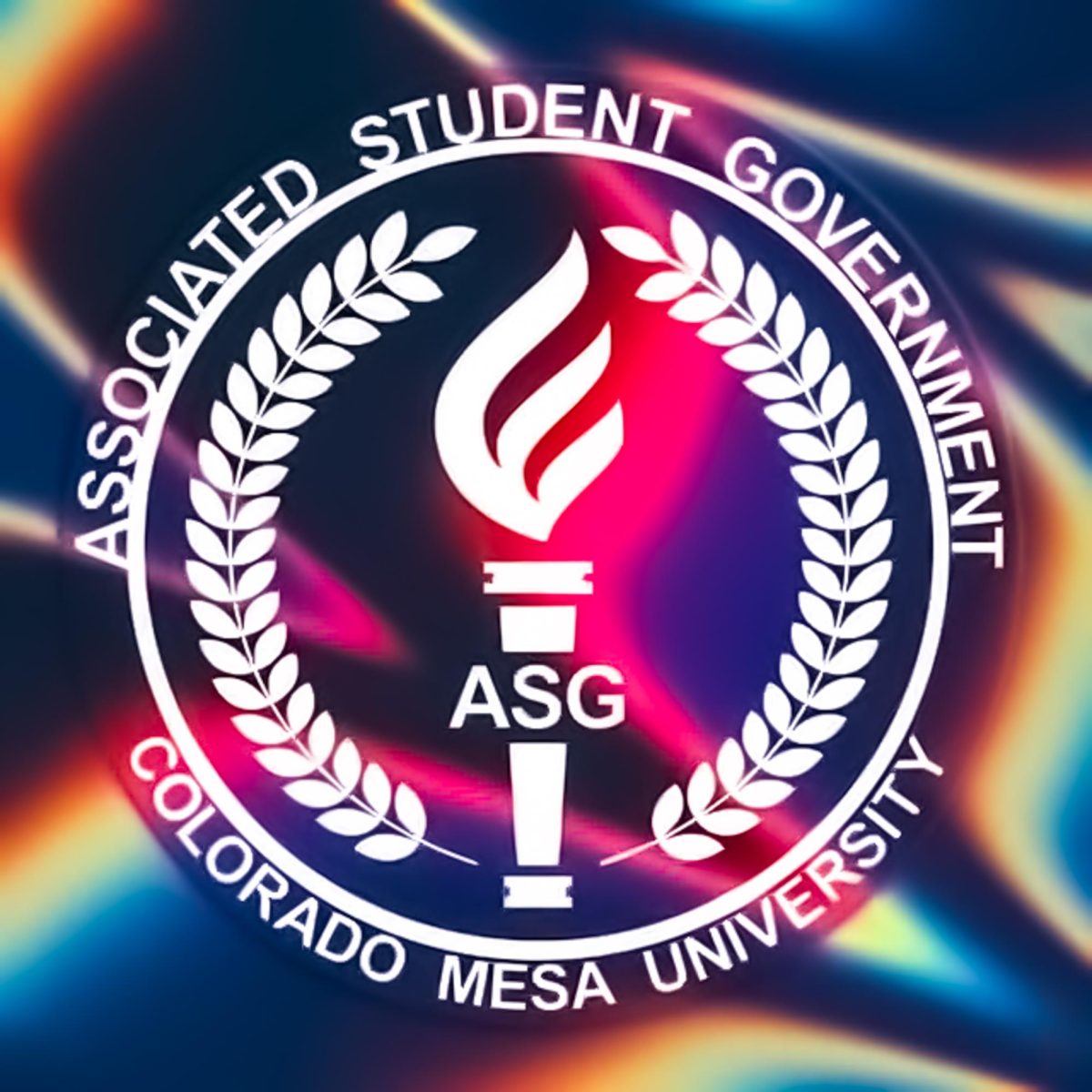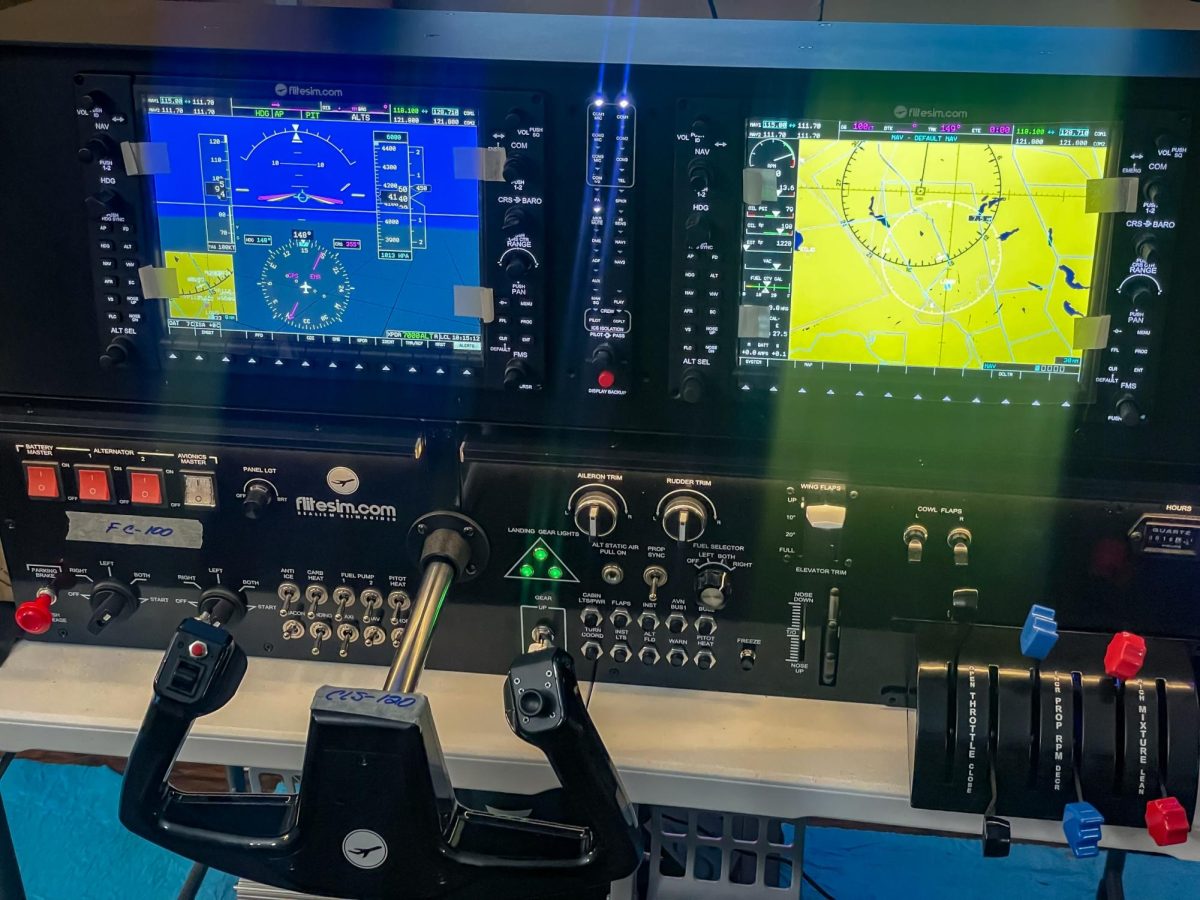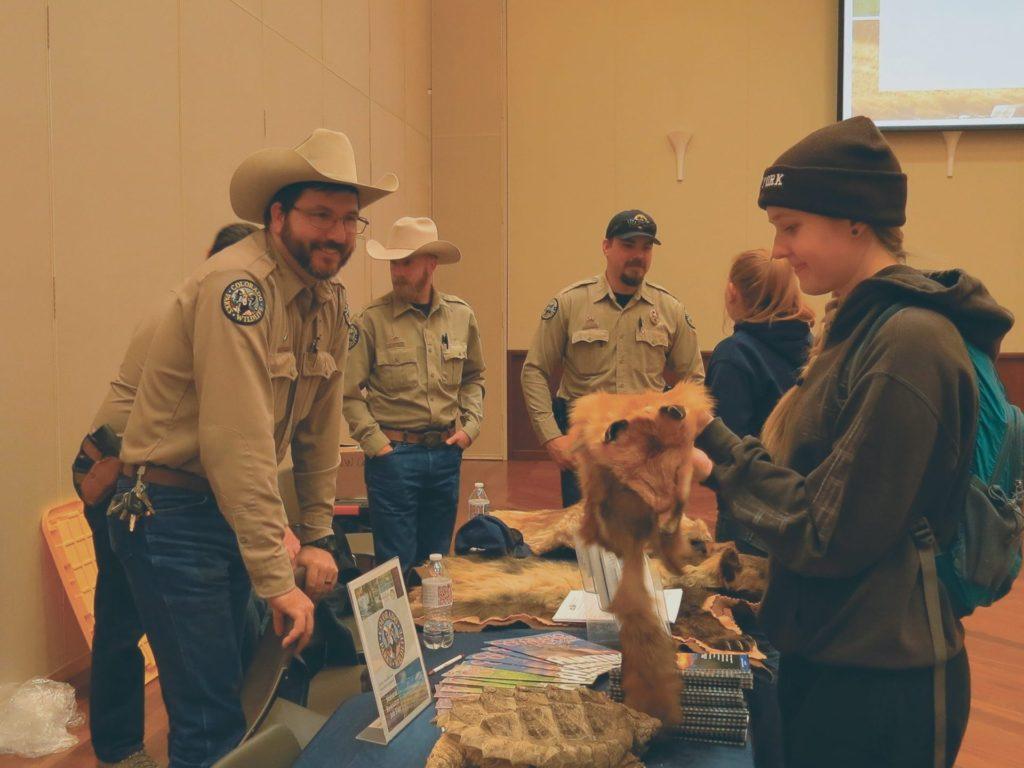Artificial Intelligence (AI) snowballed from a quaint coffee shop discussion into a tangible concern lacking answers over the last few years. These concerns collided with Colorado Mesa University’s (CMU) leadership last spring and forced professors to respond. Some professors have installed Turnitin’s AI detection software.
“I think [ChatGPT] could be a useful tool for a lot of things. At the same time, I don’t necessarily think it’s a good idea to use it at schools, because the whole point is to get the work done. So I think that in the right situation, it could be good, but not to do the work that you’re supposed to be doing at school.” said freshman Business major Joseph Boeding
Most students express a similar sentiment to Boeding. While ChatGPT and AI language models may be a useful tool, they may also encourage laziness
“As the technology improves, it’ll probably start being a real issue, trying to figure out who actually wrote whatever. Plagiarism is a thing and correctly making sure everybody’s getting credit is a big important part of higher education and education in general.” Junior Radiology student Anders Van Calcar said. “But I’m guessing we’re eventually going to get to a point where it’s going to be almost indistinguishable between somebody who wrote a paper by themselves, you know, in Word, versus somebody who threw a prompt into the ChatGPT anatomy, right?”
The Turnitin AI detection software reassures some students. Many believe the new program will curb direct plagiarism effectively. Others feel there’s no way to verify the AI’s precision and that it may unfairly implicate students who write their own work.
“Websites-like I’ve used in my high school-like they reach a little bit. They’ll correct like, Grammarly or something, which I know is AI, but something as simple as that. Or like, sometimes they don’t work as well, but I also think they could be beneficial. I think maybe a professor could review it or something to make sure it’s all accurate.” Freshman psychology student Marieke Carrigan said.
Professors generally adapt their curriculum to reflect the changing times, and ChatGPT is a substantial new development for some teachers at CMU. Electrical and computer engineering professor Michelle Mellenthin doesn’t discourage its use, but also takes measures to ensure her curriculum still teaches a critical understanding of engineering.
“I do think that AI presents an interesting sort of challenge and the fact that part of going through the struggle of thinking through the problem and doing the steps I think is ingrained and helping you build that intuition.” Mellenthin said. “One of the things I check is when I have a take-home exam, I’ll put it in ChatGPT and I want to make sure that it is not ChatGPT-able, that it won’t spit out an answer. If there are certain things that if I really want you to think through it, I will write it in a way that you have to think through it,”
Mellenthin continued to say that if you understand enough before using the tool, you can use it to assist you. She believes ChatGPT can be used for good, but students need to know how to do their classwork and not use it to cheat.
“I think ChatGPT is great and I don’t want students to think this is some horrible thing that they can’t ever use, but on the same side; there’s a certain amount of knowledge that you’re going to be expected to know and be responsible for. I think sometimes, that just means you have to be a little more creative in your approach,” Mellenthin said.
AI treads new ground as a cultural mainstay. The impact AI language models have on classrooms is not fully realized. However, students and professors already recognize ChatGPT’s effect on curriculum and student life.



